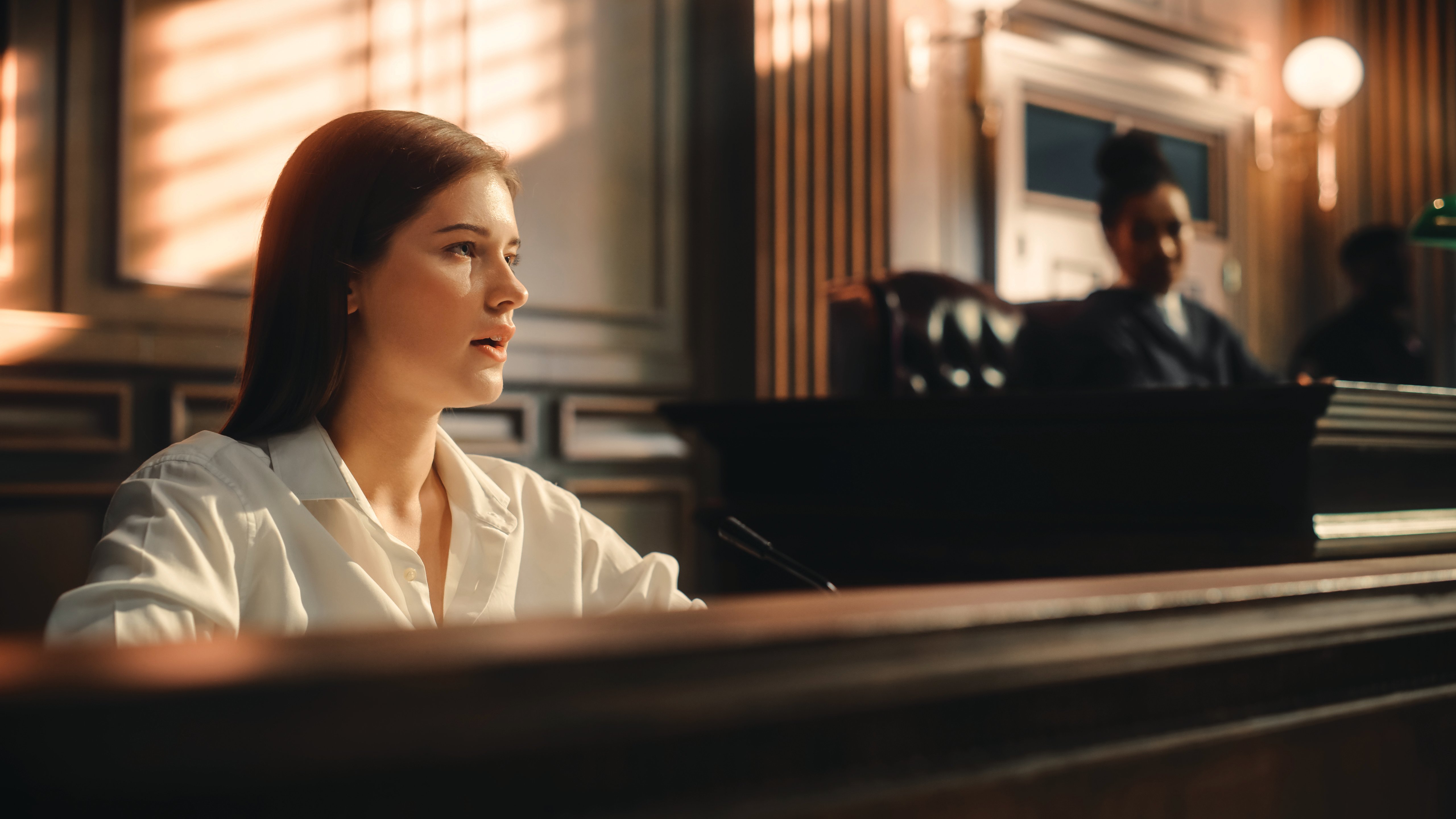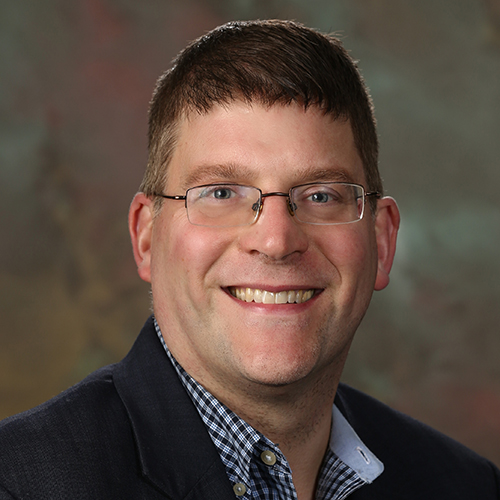What lawyers can and can't do when preparing witnesses

Lawyers must be careful when preparing witnesses to testify. Shutterstock.
Lawyers have an ethical duty to prepare clients and witnesses before hearings and testimony, but they may not cross the line into manipulating testimony or engaging in improper coaching—a problem exacerbated during the pandemic by the rise in remote court proceedings. The ABA Standing Committee on Ethics and Professional Responsibility delved into these areas in Formal Opinion 508, titled “The Ethics of Witness Preparation.”
A required part of trial advocacy is preparing clients and witnesses for depositions, court hearings and trials, but that does not include coaching or encouraging them to fabricate testimony, the opinion states. Likewise, when witnesses are in depositions, lawyers should not kick the individuals under the table or wink at them. Nor should they send texts, according to the opinion, which says such behaviors increased as remote hearings became common.
It lists a host of activities lawyers ethically can do for witness preparation. That includes reminding the witness they are under oath, explaining case strategy and procedure, inquiring into a witness’s probable testimony and providing context for witness testimony. Identifying lines of questioning and potential questions on cross-examination, reviewing documents and having the witness focus on answering a question while not volunteering too much information also are acceptable behaviors.
Peter Joy, who teaches professional responsibility at Washington University in St. Louis School of Law, says the list of acceptable behaviors may encourage lawyers “to do a more thorough job of effective preparation of witnesses.”
He also has a piece of practical advice.
“I always tell my students that when they prepare a witness, they should imagine the preparation being video recorded,” Joy says. “They should never prepare a witness in a way or with instructions that they would not feel comfortable having bar ethics authorities review.”
Among behaviors lawyers may not engage in, according to the opinion, is “unethical pre-testimony coaching,” which is sometimes referred to as “coaching, horseshedding, woodshedding or sandpapering.”
Additionally, a lawyer who assists a witness with false testimony would be in violation of ABA Model Rule of Professional Conduct 3.4(b), which prohibits counsel from assisting a witness with false testimony or inducing them to give it.
Lawyers also cannot program a witness’s testimony or knowingly violate sequestration orders.
The opinion notes that it can be difficult to distinguish between legitimate witness preparation and unlawful coaching.
“My view is that the preparation spectrum is extremely hard to judge—and it takes place in private. In coaching, almost everything is way beyond the bounds of law,” says William Hodes, professor emeritus at Indiana University Robert H. McKinney School of Law and co-author of The Law of Lawyering, a book on professional responsibility that is regularly updated.
No winking
Unethical conduct during witness testimony is also addressed in the opinion.
“Overtly attempting to manipulate testimony-in-progress would in most situations constitute at least conduct prejudicial to the administration of justice in violation of Model Rule 8.4(d),” the opinion reads. “Violation of a court rule or order restricting such coaching behaviors would be knowing disobedience of the rules of a tribunal in violation of Model Rule 3.4(c).” That rule prohibits lawyers from “knowingly disobey[ing] an obligation under the rules of a tribunal except for an open refusal based on an assertion that no valid obligation exists.”
 David L. Hudson Jr.
David L. Hudson Jr.Examples of prohibited behavior of this sort include winking at a witness during trial testimony and whispering to them during testimony.
Also mentioned as a more subtle type of “covert coaching” is the “speaking objection” or “suggestive objection.” It goes beyond stating the objection and providing the basis for the objection and suggests how the witness should answer the question during testimony.
The opinion also addresses misconduct in remote settings. It acknowledges this is “not a novel phenomenon,” as the use of cellphones allowed some unscrupulous lawyers to even text witnesses during proceedings.
“I think the occasion for writing the opinion was the pervasive use of Zoom during COVID and now on into the future,” says Hodes, whose 1999 Texas Tech Law Review article “The Professional Duty to Horseshed Witnesses Zealously Within the Bounds of the Law,” was cited in the ethics opinion. “But I was surprised to learn, for example, that there had been instances of lawyers texting witnesses during live testimony in depositions.”
Because of these problems, there is the need for what the opinion calls “systemic precautions.” It lists numerous examples that would provide such protections, including court orders directing uninterrupted testimony; inclusion of protocols in remote deposition orders; inclusion of remote protocols in trial plans and pretrial orders; and development of a list of guidelines and best practices for conduct during remote proceedings.
The opinion says “structuring remote proceedings in advance by way of agreement, court order or collectively adopted behavioral norms will create greater transparency and provide helpful guardrails to guide lawyers away from unethical conduct.”
That section is particularly valuable, Joy says.
“In 2021, there were some instances of lawyers alleging that they could hear opposing counsel providing their witnesses with answers to questions. While remote depositions are largely a product of the pandemic, there is some indication that they will be used more often in the future as a way to save time and money for both lawyers and witnesses,” he explains.
Also, some claim that more study is needed for witness preparation.
“The gray area is still in how much or little to ‘prompt recollection’ during preparation rather than during live testimony,” Hodes says. “And that is because the ‘bounds of law’ involve such a subtle judgment call. Because of the current interest in tech and remote testimony, I think the difficulty of the line-drawing in preparation was slighted a bit.”
This story was originally published in the December 2023-January 2024 issue of the ABA Journal under the headline: “‘Covert Coaching’: ABA formal opinion details what lawyers can and can’t do when preparing witnesses.”
David L. Hudson Jr. teaches at Belmont University College of Law. He is the author, co-author or co-editor of more than 40 books. For much of his career, he has focused on the First Amendment and professional responsibility.
Write a letter to the editor, share a story tip or update, or report an error.


